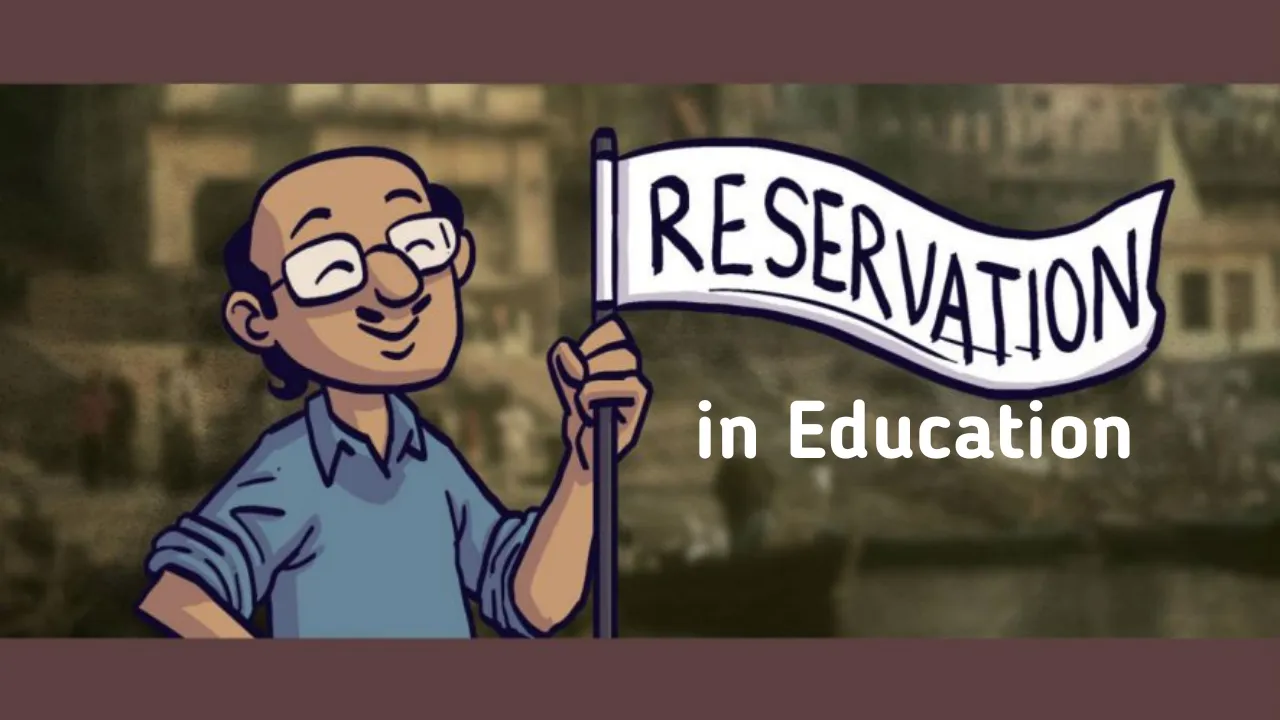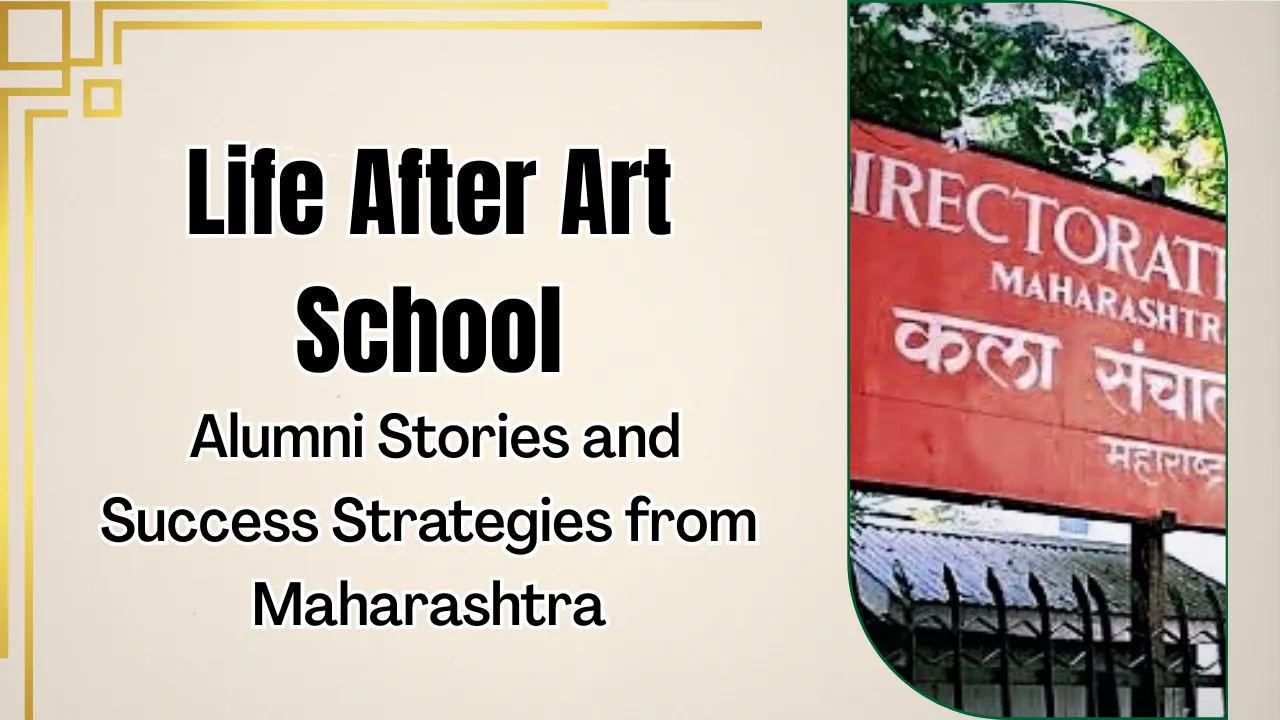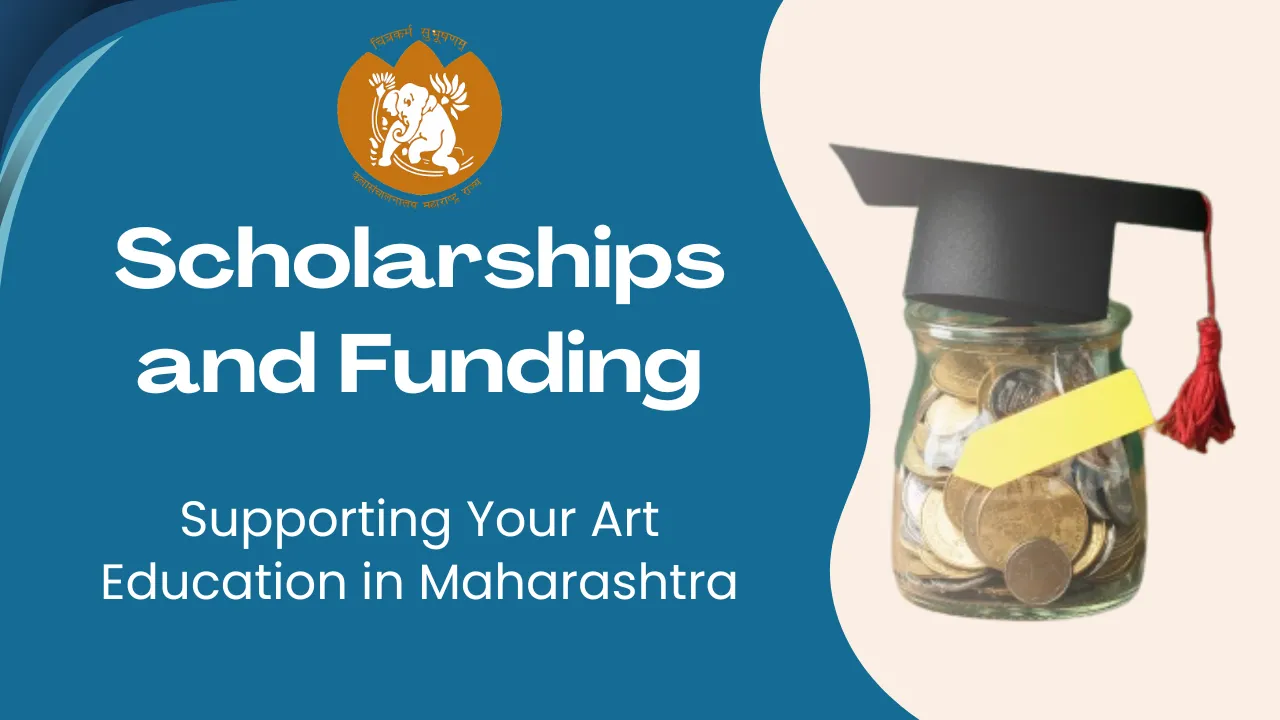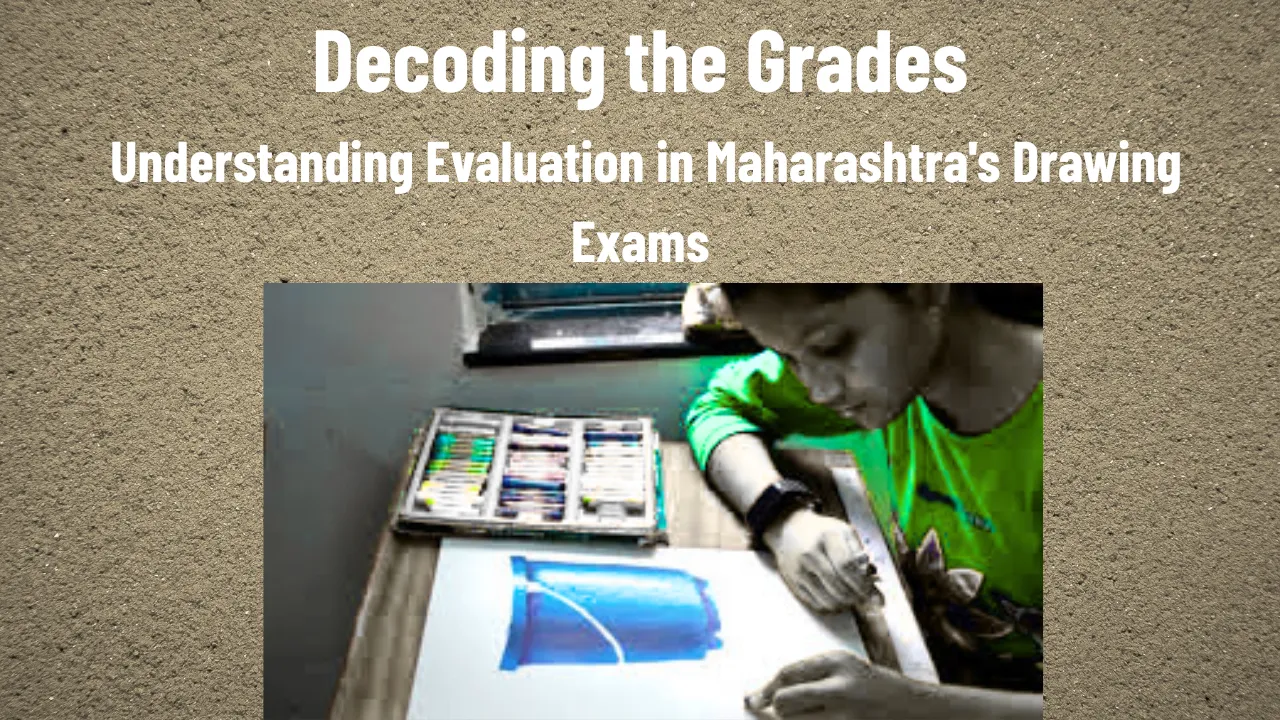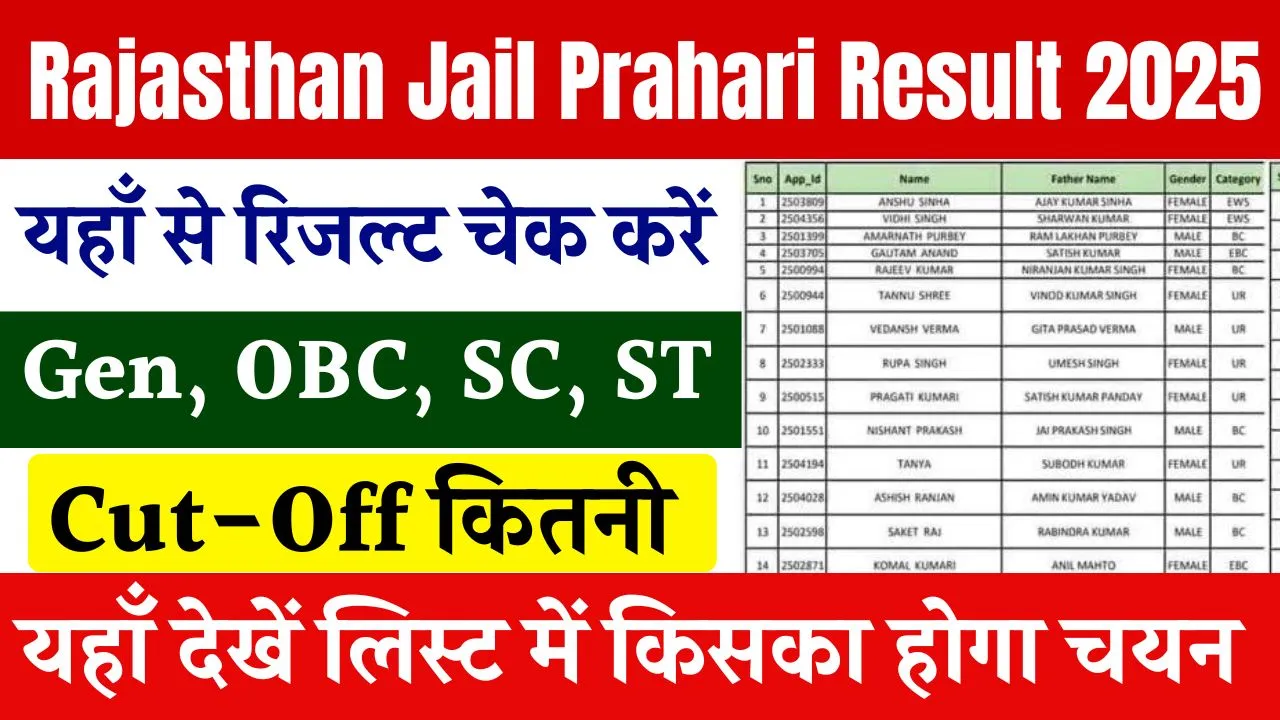Reservation in Education: Reservation in education has long been a subject of deep debate in India, balancing the ideals of social justice with the principles of meritocracy. Introduced to uplift historically disadvantaged communities, the reservation system has helped millions access opportunities once denied to them. However, it also raises concerns about fairness and merit, especially among those who feel sidelined by the quota system.
This article explores the debate between need and meritocracy within the framework of reservation in education. We examine its origin, its role in social inclusion, and whether it still serves its original purpose today. Is reservation a tool for equality, or does it hinder academic excellence? Let’s delve into both sides of the argument with clarity.
Reservation in Education: Purpose and Present Reality
The concept of reservation in education was introduced as part of affirmative action to address centuries of discrimination faced by certain communities, particularly Scheduled Castes (SC), Scheduled Tribes (ST), and Other Backward Classes (OBC). It aims to level the playing field by offering these groups reserved seats in schools, colleges, and universities.
Over the years, this system has expanded, both in coverage and in the groups included. While its goal is to ensure equal access to education for all, critics argue that the system has become politically driven, leading to concerns about whether merit is being compromised.
Overview Table: Need vs. Meritocracy in Education
| Aspect | Need-Based Reservation | Meritocracy-Based Selection |
| Focus | Social and economic disadvantage | Academic performance and entrance scores |
| Purpose | Social upliftment and inclusion | Promote excellence and competitiveness |
| Beneficiaries | SC, ST, OBC, and EWS categories | All students regardless of background |
| Criticism | Can overlook talent, may create dependency | Ignores structural inequalities, benefits the privileged |
| Supporters argue | Necessary to correct historical injustices | Encourages fairness and best use of public resources |
The Case for Need: Why Reservation Still Matters
Supporters of reservation in education argue that it’s not about reducing merit but about recognizing that not everyone starts at the same level. Students from disadvantaged backgrounds often lack access to quality schooling, private tuition, books, and digital learning tools. Even if they are intelligent and hardworking, they are at a clear disadvantage when compared to their urban or affluent peers.
Reservation provides a crucial push that allows these students to enter competitive institutions, break the cycle of poverty, and eventually contribute to society. Without such support, these communities could continue to be left behind, reinforcing social inequality.
The Argument for Meritocracy
Opponents of the reservation system believe that education should be based purely on merit, not background. They argue that giving preference based on caste or category can demotivate high-performing students from general categories and lower the academic standards in elite institutions.
Critics often point out that reservation doesn’t always benefit the truly needy within the reserved categories. Instead, it can be misused by those who are already economically stable, leaving out the poorest. This, they argue, defeats the purpose of helping the disadvantaged and instead creates new forms of inequality.
Balancing Social Justice and Academic Excellence
The key challenge is finding a balanced approach where social justice and academic merit can coexist. Some suggest reforming the reservation system to include economic criteria rather than solely caste-based indicators. The recent introduction of EWS (Economically Weaker Sections) quota is a step in this direction.
Others propose a more comprehensive solution: invest in improving the quality of primary and secondary education for all. If the base of the education system is strong, fewer students will need special quotas at the higher levels. In this way, we can work toward a society where both fairness and excellence are achievable.
Impact of Reservation on Educational Institutions
Top institutions like IITs, IIMs, and central universities have been implementing reservation policies for decades. While these institutions continue to perform well globally, concerns remain about whether reservation affects competitiveness. However, several success stories prove that students admitted through reserved categories have gone on to become top professionals, entrepreneurs, and scholars.
Thus, while the reservation in education system may not be perfect, it has undeniably created space for many who might never have had a chance otherwise.
Solutions: Towards a More Inclusive Yet Merit-Based System
Here are a few steps to make the system more balanced:
- Periodic review of reservation policies to ensure they benefit the truly underprivileged.
- Introduce economic-based criteria alongside caste to make the system more inclusive.
- Enhance support systems like remedial coaching, scholarships, and mentorship for disadvantaged students.
- Invest in public schooling so that all students can compete fairly from the beginning.
FAQs
Why was reservation in education introduced?
It was introduced to uplift historically marginalized communities and offer them equal access to educational opportunities.
Does reservation reduce merit?
Not necessarily. It aims to correct inequality, though some argue it may affect the competitiveness of institutions if not managed well.
Who benefits from reservation?
SC, ST, OBC, and EWS (economically weaker sections) groups currently benefit from reserved seats in education.
Is there economic reservation in India now?
Yes, a 10% quota for EWS in general category was introduced in recent years to support economically poor students.
Can reservation policies be changed?
Yes, they are subject to review by the government and courts and can evolve based on current needs and conditions.
Final Thought
The debate over reservation in education is not about right or wrong but about finding a way to make education fair, inclusive, and excellent for everyone. Whether through reservation, reforms, or improved access to quality schooling, the goal should be the same—empowering every student to achieve their full potential.
We’d love to hear your thoughts on this important issue. Do you believe the current system strikes the right balance? Share your views in the comments, and explore more education-related insights and stories on our platform.
